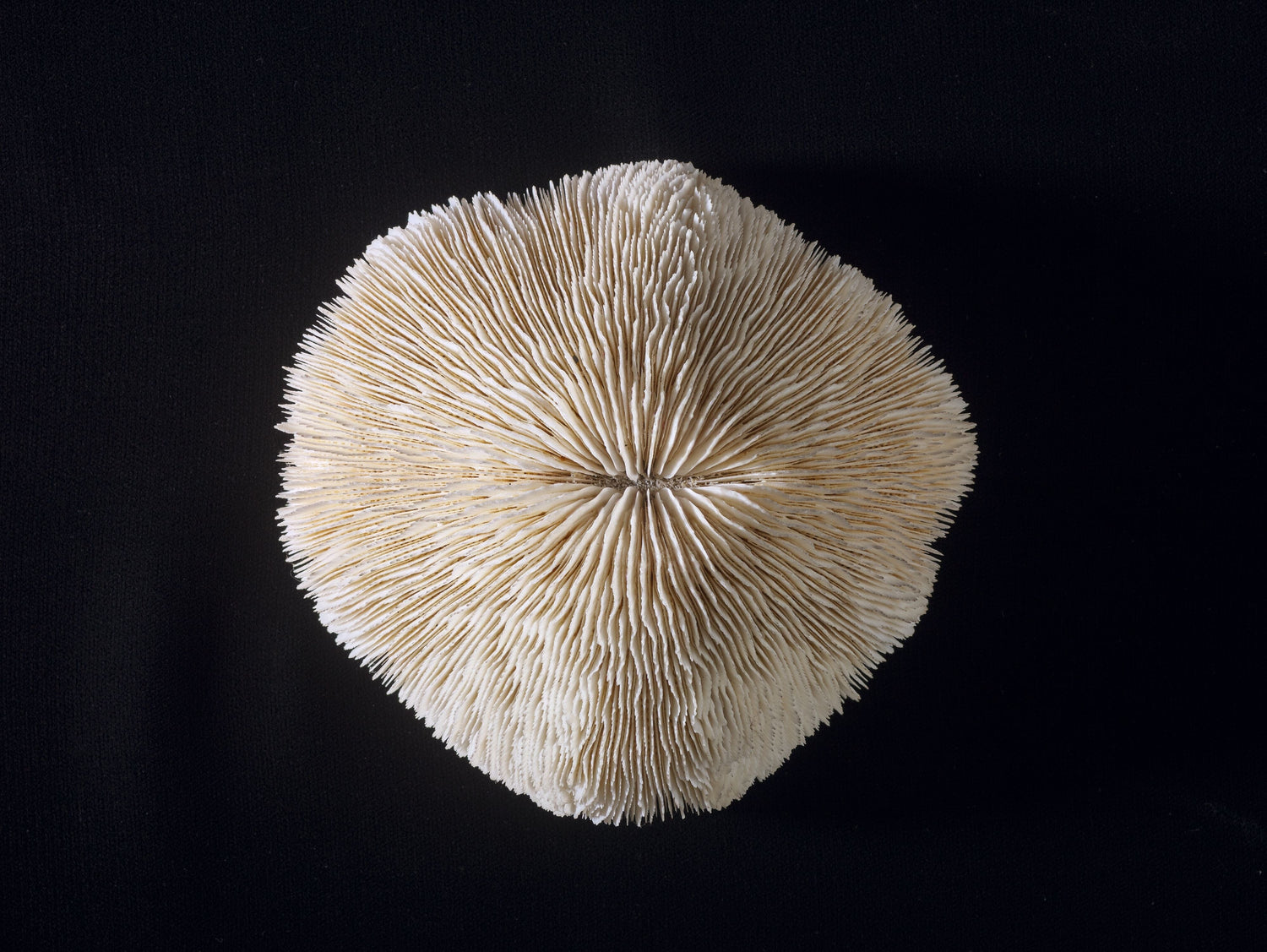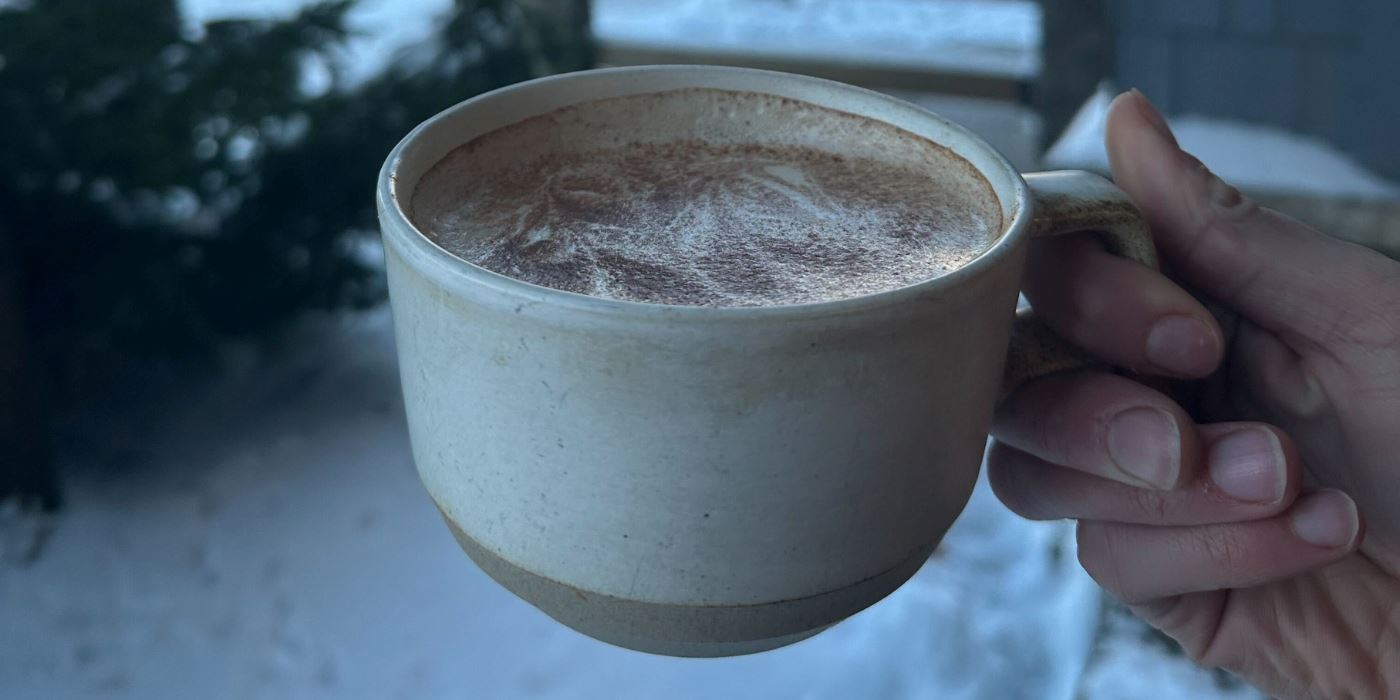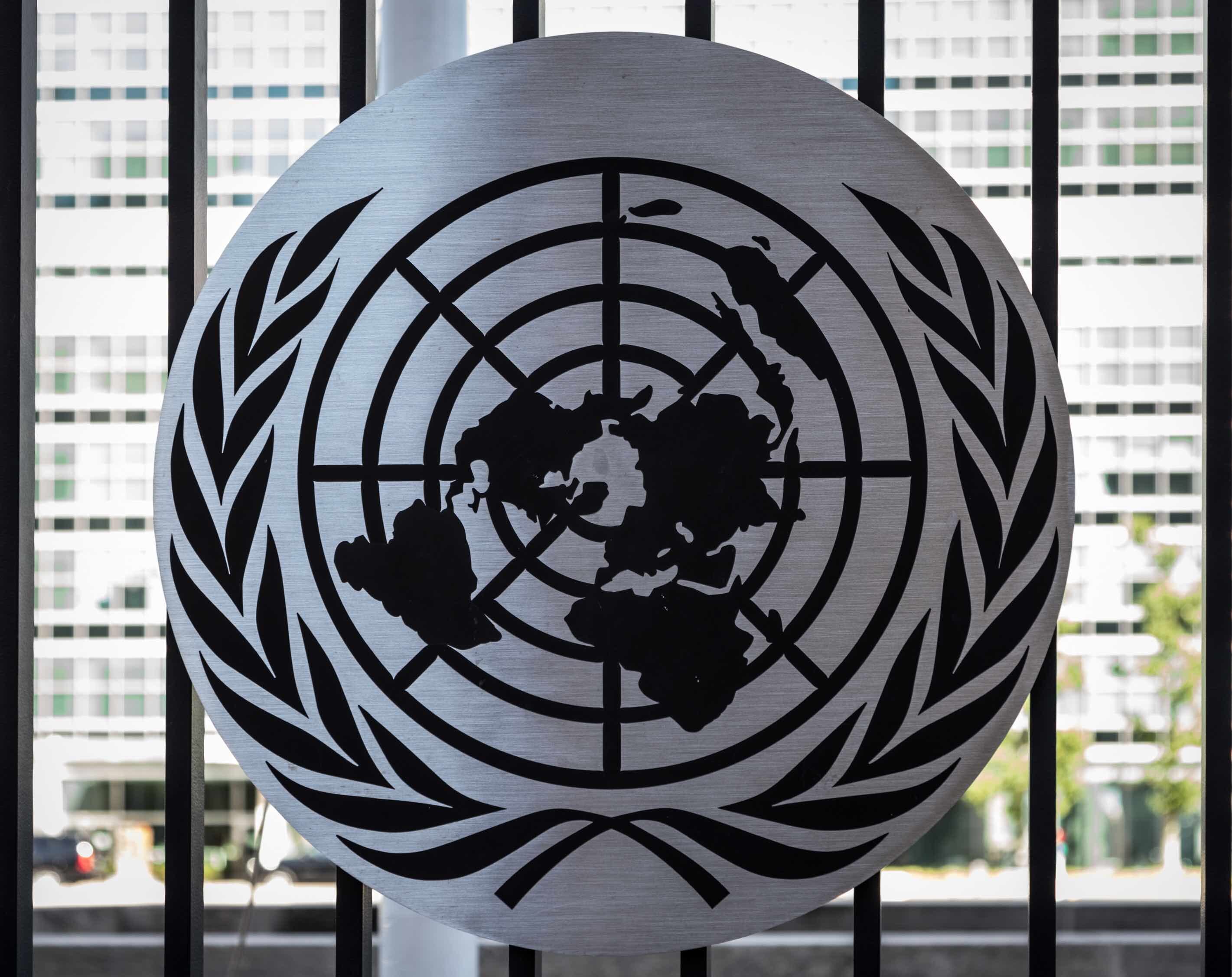Slow fashion is our (only) future.
In the first issue of the gyst, we dive deep into topics pertaining to the planet, sustainability, slow fashion, what we’re getting up to in our factory and stores, and feature individuals or organisations working to move the needle toward a healthier environment.
According to the UN landmark resolution this year, access to a clean, healthy, and sustainable environment is a human right.
We only have one planet.
In May 2022, a peer-reviewed article was published by Science Direct stating that microplastic particles had been found in human blood. The unprecedented, first-of-its-kind study sampled 22 healthy members of the public and found that “four high production volume polymers applied in plastic” were identified. This is the global impact from years of profit being put before people and the planet, and while this news is extremely alarming, it’s been a catalyst for how we as a society can do better to ensure these toxins aren’t entering waterways, food, and in turn, our bloodstreams.
In order to counteract the damage of oil-derived chemicals and plastics, we’ve made it our mission to embark on the journey to zero-plastic. We’ve already made big strides, such as moving our manufacturing from overseas to North America (which helps to avoid single-use plastics) and ensuring our fabrics are made from natural materials like organic cotton and wool. By removing plastic at various stages of design and production, we have eliminated up to 2 pounds of plastic per product.

Bye-bye PFA's.
Recently, California’s state assembly passed legislation prohibiting the manufacture and sale of garments and textiles that contain per- and polyfluoroalkyl substances (PFAS) by 2025. In the fashion industry, PFAS in garments are used as oil, stain, and water repellency, as well as fire retardancy. These “forever chemicals,” were given their nickname due to their durability and bio-accumulative properties in the environment and have been linked with major health and environmental risks. With California boasting the fifth largest economy in the world, this legislation could have a significant positive effect on the production of garments with PFAS.
Responsibly-made clothing is our jam.
Despite it taking more time, money, and effort to source all-natural materials, we knew it was the direction we needed to go when we began transitioning our supply chain back in 2014.
As part of our journey to becoming B Corp-certified, we're focused on reducing our contribution to plastic pollution, avoiding environmental damage, and preventing landfill waste that is all-too-common in traditional fashion retail models.
Because we make all of our outerwear in our own factory, we’re able to closely monitor every single step of the manufacturing process. This means people are paid a family living wage, we avoid emissions by shipping right from our manufacturing facility, and we only make what we need to in small batches. For our Anorak Jacket, we opted to use organic cotton Ventile®. Not only is it PFAS-free, it’s also perfluorinated compound (PFC)-free and durable water repellent (DWR)-free—both chemicals known to be harmful to our health and the planet. At the end of production, Ventile® fabric is reviewed under some of the strictest testing in the textile industry, ensuring it meets quality standards to endure countless seasons of wear.

The Awi'nakola: Tree of Life project.
Our raison d'être is to work with our community to leave our planet better than we found it. And if we’ve learned one thing, it’s that “leaving it better” requires collective action. It requires working together with people of different ages, races, genders, abilities, means, and skillsets to ensure every piece of the puzzle is being considered. That’s why we’re so passionate about the work that the Awi’nakola: Tree of Life team is doing.
Awi’nakola: Tree of Life is a research group comprised of Indigenous knowledge keepers, scientists, and artists brought together by Mak’wala (Rande Cook), artist and Hereditary Chief of the Ma’amtagila First Nation. By sharing cross-disciplinary research practices, the group seeks to develop strategies to heal the planet, heal the people, and change culture with the confluence of Indigenous knowledge, scientific research, and the arts.

To learn more about Awi'nakola, you can check out their website or make a donation here.
Originally written September 2022 by Kristen Bounds, edited and updated April 2023.


